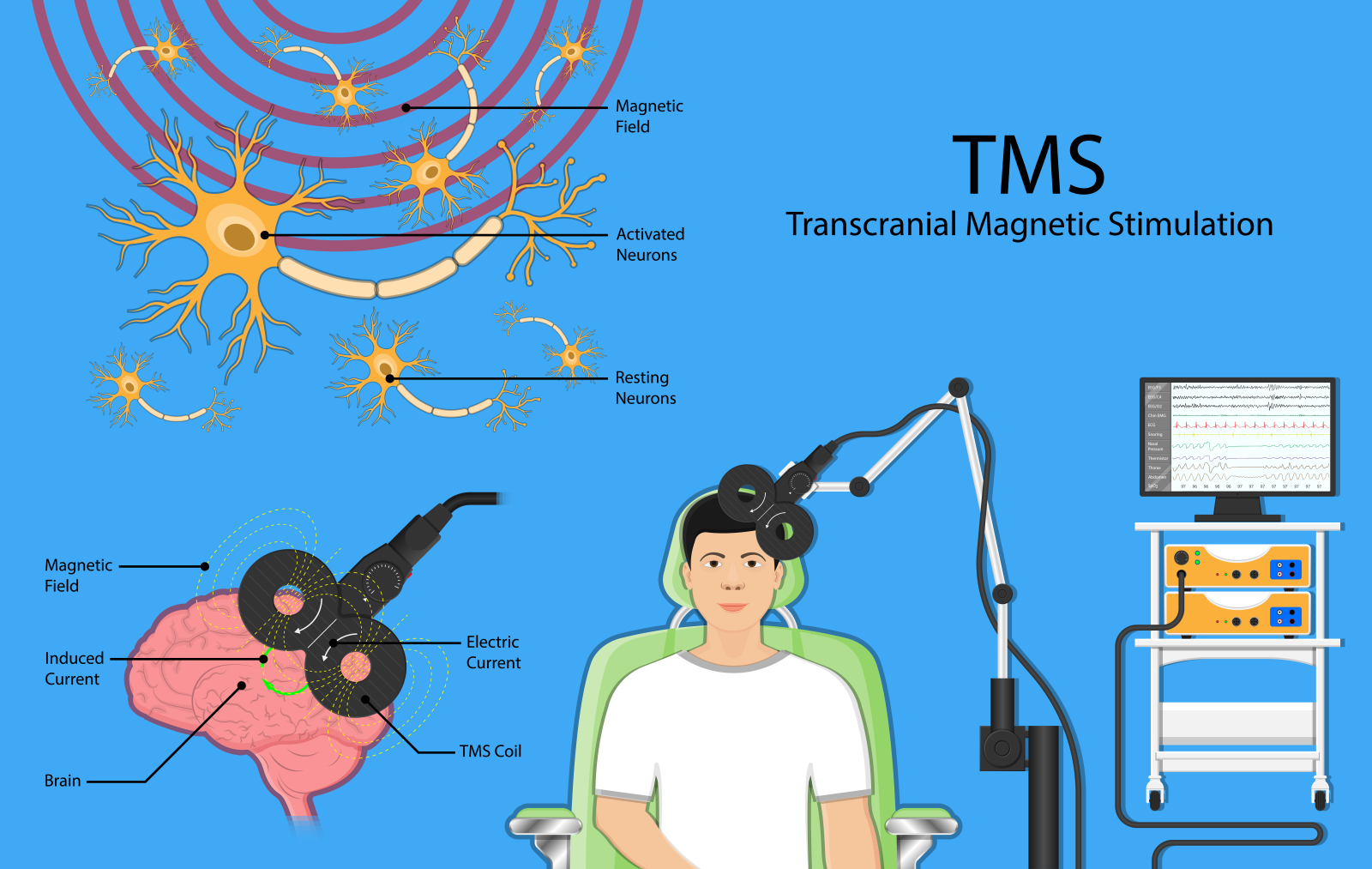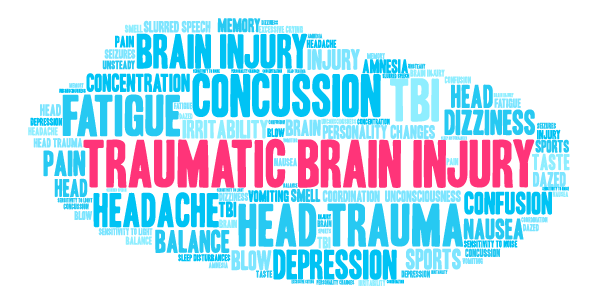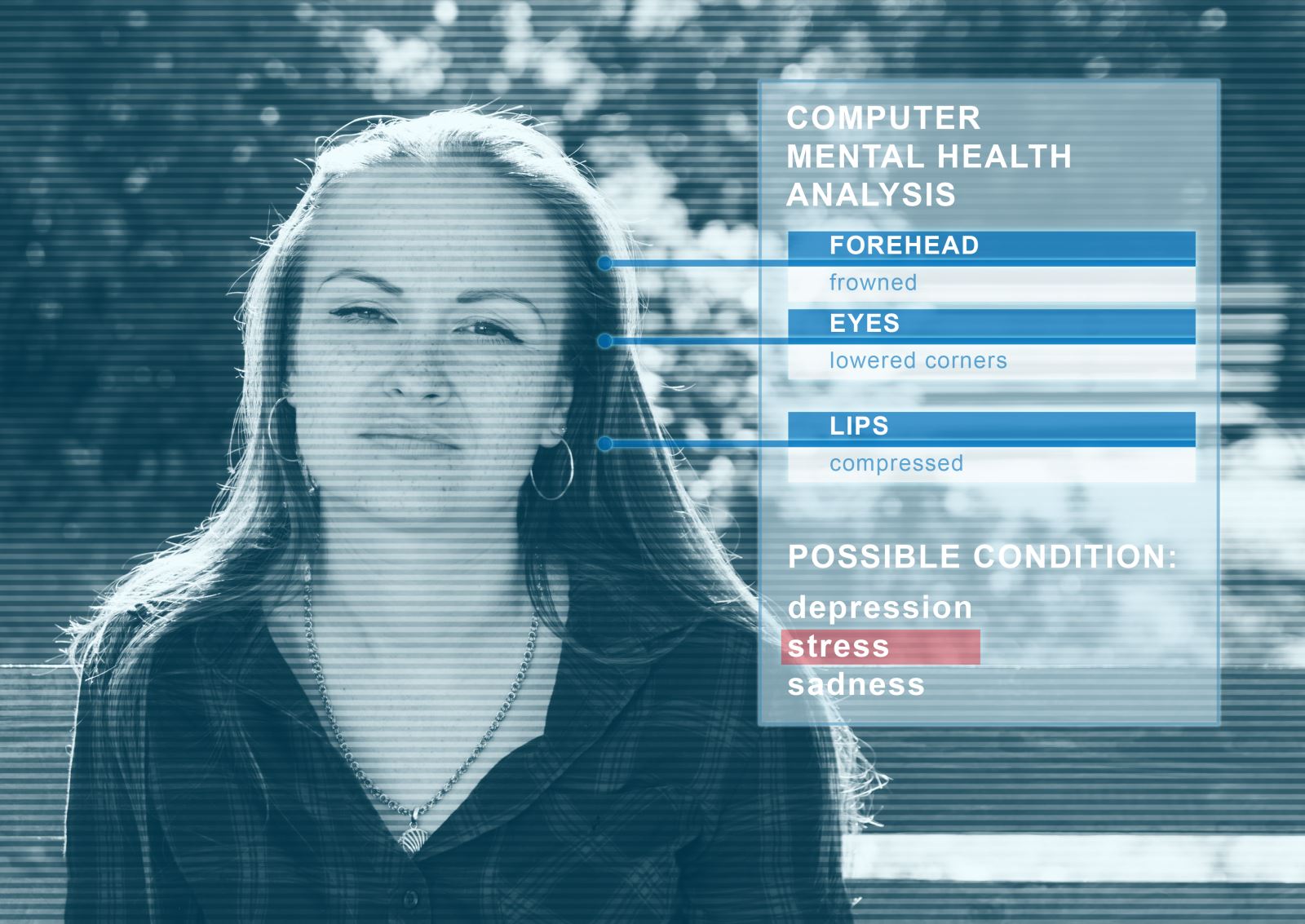
Scientific research plays a large roll on how different parts of the brain effect mental health. There are many precursors linked to mental disorders that are still being explored today. Over the last decade, there have been many studies into mental health including:
Transcranial Magnetic Stimulation
TMS (Transcranial Magnetic Stimulation) is rapidly developing as a powerful, non-invasive tool for studying the human brain. A pulsed magnetic field creates current flow in the brain and can temporarily excite or inhibit specific areas. TMS electrically stimulates the neural tissue, including cerebral cortex, spinal roots, and cranial and peripheral nerves. Repetitive TMS can modify excitability of the cerebral cortex at the stimulated site and at remote areas along functional anatomical connections. It uses magnetic devices to change the brain's electromagnetic environment. This can produce a muscle twitch or block movement; TMS of occipital cortex can produce visual phosphenes or scotomas. TMS can also alter the functioning of the brain beyond the time of stimulation, offering potential for therapy. TMS might provide novel insights into the pathophysiology of the neural circuitry underlying neurological and psychiatric disorders, be developed into clinically useful diagnostic and prognostic tests, and have therapeutic uses in various diseases.

Traumatic Brain Injury and Depression
The link between TBI (Traumatic Brain Injury) and depression is being researched more and more every day. Major depression is the most common psychiatric disorder following TBI, affecting an estimated 29.4% of patients in the first-year post-injury alone based on Epidemiology and natural history of psychiatric disorders after TBI by J Neuropsychiatry Clin Neurosci. According to MSKTC, close to half of people with TBI are affected by depression within the first year after injury. Depression may result from injury to the areas of the brain that control emotions. Changes in the levels of certain natural chemicals in the brain, called neurotransmitters, can cause depression. Depression can also arise as a person struggles to adjust to temporary or lasting disability, losses or role changes within the family and society.

Artificial Intelligence's roll
Artificial intelligence has the ability to detect mental health disorders early enough to prevent or reduce its severity. The mind can now be quantitatively harnessed as data with powerful computer-based natural language processing to also provide a method of inferring mental health. AI uses calculations and inferences to create insights, enables the system to reason and learn, and empowers clinician decision making through augmented intelligence. Incorporated into websites and apps, AI can help enhance user experience and optimize personalized mental health care. The data gathered from digital devices and social media, can be mined for behavioral or mental health insights.

Cannabidiol
In the last decade, cannabidiol (CBD) derived from the cannabis plant has skyrocketed in popularity in consumer products as well as in drug development. While CBD oil is a component of the marijuana plant, it is not responsible for a “high”. According to the World Health Organization, “CBD exhibits no effects indicative of any abuse or dependence potential… To date, there is no evidence of public health related problems associated with the use of pure CBD.” Recently, CBD drugs have been FDA-approved for treatment and therapeutics in conditions such as multiple sclerosis and epilepsy. Additionally, there are dozens of ongoing clinical trials for CBD drugs for other conditions such as schizophrenia and Crohn’s disease. In the field of mental health, some preclinical research has shown promising preliminary data to suggest the CBD may have beneficial effects on post-traumatic stress disorder (PTSD). CBD works by binding to various receptors in the body that effect pain, mood, metabolism, reproduction and more. In PTSD research, CBD’s activity in these receptors drive neuroprotective, antidepressive, and anxiolytic benefits. And while there haven’t been enough controlled trials, this may suggest that CBD could also be an effective treatment for depression and anxiety.
.png)